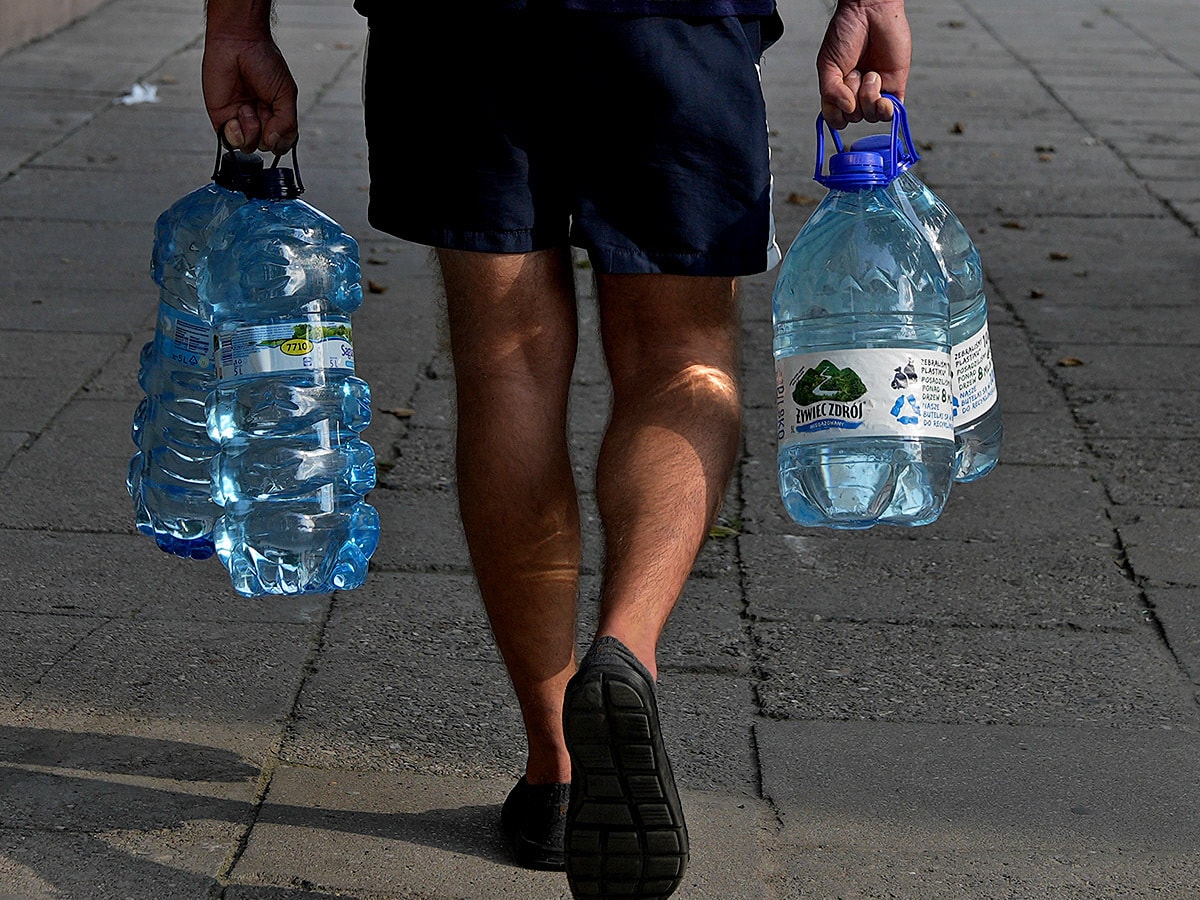While the First Water Trust ETF has mostly struggled this year, the fund’s performance has picked up in the past month, boosted by positive earnings from holdings in the fund. With analysts forecasting $1.4trn to be invested in water infrastructure by 2026, the space is forecast to grow.
The global threat of water shortages has thrown a spotlight on the First Water Trust ETF [FIW]. Fuelled by the Russia-Ukraine conflict, fears of water supply issues have also risen on the back of drought conditions and future demand forecasts.
With predictions from the UN that half the world will face severe water stress by 2030, the First Trust Water ETF offers investors a diversified way to gain exposure to the theme.
While water supply challenges have been a growing concern in recent years largely due to climate change and increasing population density, the war in Russia has escalated matters in 2022. The war has had a devastating impact on water and electricity networks in Ukraine, leading to a spread of fear across the globe.
Despite demand being on the rise, however, the First Water Trust ETF has dwindled in the year so far, down 18.2% to its most recent closing price. In the last month, however, it is up by 5.1%.
Low water levels a rising concern
Concerns in the UK have also heightened following the drought conditions experienced over the summer. A recent Environment Agency report stated that for August, total reservoir stocks were at 52% of total capacity as of 20 September. Meanwhile, while one of the UK’s largest reservoirs, Wimbleball Lake, had fallen to just 20% capacity in October, its lowest point since 1995, when it was at 26.4% full.
SouthWest Water [SWWC] said last month that the summer was the region’s fourth driest period since officials began taking record of levels over 130 years ago. In August, the governments of Cornwall and Devon announced a hosepipe ban, something they had not resorted to in 26 years.
On a broader scale, the UN estimates that nearly half of the world will experience severe stress from water shortages by 2030 if levels of water consumption and pollution remain unaltered.
Xylem soars boosting FIW fund
The First Trust Water ETF seeks to track the performance of the ISE Clean Edge Water Index, which is made up of small, mid, and large capitalisation companies that generate most of their revenues from the potable water and wastewater industry.
The fund has 36 holdings, which the index selects for being the highest in terms of market capitalisation. As of 4 November, American water technology provider Xylem [XYL] is the largest holding at a weighting of 4.76%, followed by manufacturer IDEX Corporation [IEX] at 4.48%.
Xylem is an American company that operates in over 150 countries, providing products and services focused on water infrastructure, including the transport and treatment of wastewater. Its share price has followed a trajectory similar to that of the First Trust Water ETF, and is down 9.7% this year. However, the stock’s price has surged in the last six months by 24.5%, including a 20.1% jump in the last month alone.
The business recently posted a strong set of third quarter results, including 9% revenue growth for the period to $1.38bn. Its strong performance has led a number of analysts to increase their price targets for the stock, including Credit Suisse, who upped their target price from $93 to $110.
$1.4trn to be invested in water infrastructure
With gruelling economic headwinds likely to continue into the remainder of the year and beyond, attentions may turn to water stocks as investors aim to place their money in defensive assets. Water infrastructure companies are likely to prosper during volatile periods, placing the fund in a strong position to continue the gains that it has made in the last month.
From a long-term perspective, First Trust Water ETF may also be in a position to succeed. Morgan Stanley estimates that providing water and maintaining supplies costs roughly $850bn per year, and that isn’t even satisfying demand.
According to Connor Lynagh, a Morgan Stanley analyst: “Over the next four years, we estimate $1.4trn will be invested in expanding and improving global water infrastructure”.
Disclaimer Past performance is not a reliable indicator of future results.
CMC Markets is an execution-only service provider. The material (whether or not it states any opinions) is for general information purposes only, and does not take into account your personal circumstances or objectives. Nothing in this material is (or should be considered to be) financial, investment or other advice on which reliance should be placed. No opinion given in the material constitutes a recommendation by CMC Markets or the author that any particular investment, security, transaction or investment strategy is suitable for any specific person.
The material has not been prepared in accordance with legal requirements designed to promote the independence of investment research. Although we are not specifically prevented from dealing before providing this material, we do not seek to take advantage of the material prior to its dissemination.
CMC Markets does not endorse or offer opinion on the trading strategies used by the author. Their trading strategies do not guarantee any return and CMC Markets shall not be held responsible for any loss that you may incur, either directly or indirectly, arising from any investment based on any information contained herein.
*Tax treatment depends on individual circumstances and can change or may differ in a jurisdiction other than the UK.
Continue reading for FREE
- Includes free newsletter updates, unsubscribe anytime. Privacy policy





